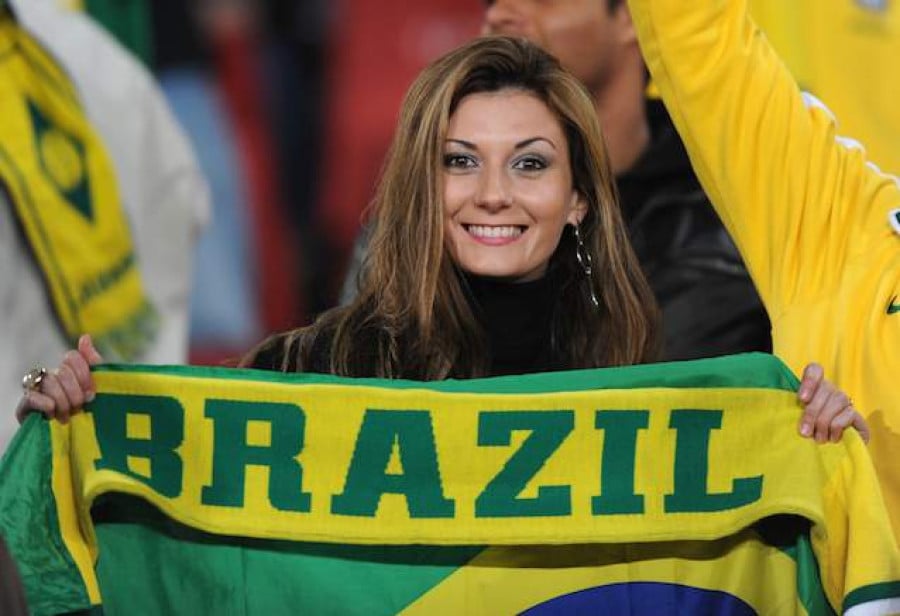An analysis of the General Statute of the 2014 FIFA World Cup Brazil

The FIFA World Cup is one of the biggest sporting events on the planet. In 2014, Brazil will host the tournament again 64 years after the Brazilian national team was crowned runner-up in the Maracanã stadium, Brazil. Many benefits arise from mega events, ranging from tourism and employment to improvements in social welfare and infrastructure.
The 2014 World Cup will be the first to establish ecological and social parameters to be met by governments and private companies that participate in its organization. FIFA calls this the "Green Goal" created to mark the concern for the environment and sustainability of mega events.
To continue reading or watching login or register here
Already a member? Sign in
Get access to all of the expert analysis and commentary at LawInSport including articles, webinars, conference videos and podcast transcripts. Find out more here.
- Tags: Brazil | FIFA | Football | General Statute of the World Cup | Intellectual Property | United Kingdom (UK) | World Cup
Written by
Nilo Effori
Nilo advises clubs, athletes, agents, intermediaries and international sports federations and has successfully represented his clients in disciplinary, regulatory, contractual and doping disputes in proceedings before the Court of Arbitration for Sport, Basketball Arbitral Tribunal, FIFA Dispute Resolution Chamber, FIFA Players' Status Committee, FEI Tribunal, FIA International Court of Appeal and other International Sports Federations’ decision-making bodies.




